Chemist.net Cookie Policy : We use cookies to enhance your user experience. To find out more please view our cookie policy
How to Treat Bug Bites
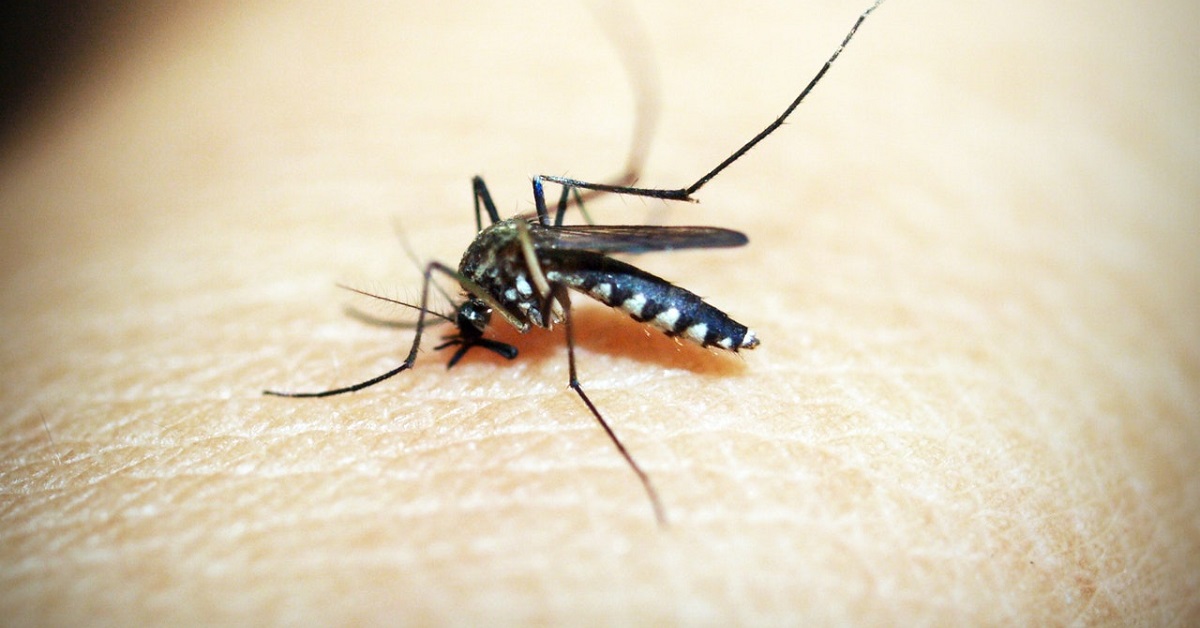
Even though nothing beats spending more time outdoors during warm spring weather, it should be noted that you’ll also expose yourself to more bugs like mosquitoes, bees, and ticks. Below are some tips for insect bite treatment, sting treatment, and insect bite creams to help you treat and avoid bug bites.
Most bug bites are normally harmless or just mild irritation. However, there are some that can be very dangerous as they spread diseases such as Malaria, Lyme disease, Zika virus, and Dengue. That should tell you how important it is to take steps towards keeping yourself safe, especially if you are going to regions known to have insect-bourne diseases.
Tips that Chemist.net recommends to ensure your safety
Use insect repellent. Using insect repellents containing 20 to 30 percent DEET on clothes and exposed skin is an effective way to keep insects such as ticks and mosquitoes at bay. It’s important to use the instructions given when applying the repellent. If you are also using sunscreen, you’ll have to apply it first, then apply the repellent after it’s dry.
Wear appropriate clothing. Wearing the appropriate attire for the occasion, especially if you’ll be spending time outside at night or hiking, will help avoid bug bites. Try to minimise exposed skin by wearing long-sleeved shirts, pants, as well as closed shoes with socks. You can also treat your clothes with insect repellents a few hours prior to wearing them.
Use bed nets. You can protect yourself from mosquitoes and other bugs by using bed nets. You can tuck it under the mattress to maximise protection.
You can find out more about insect bite prevention in our latest blog post:
Prevent insect bites
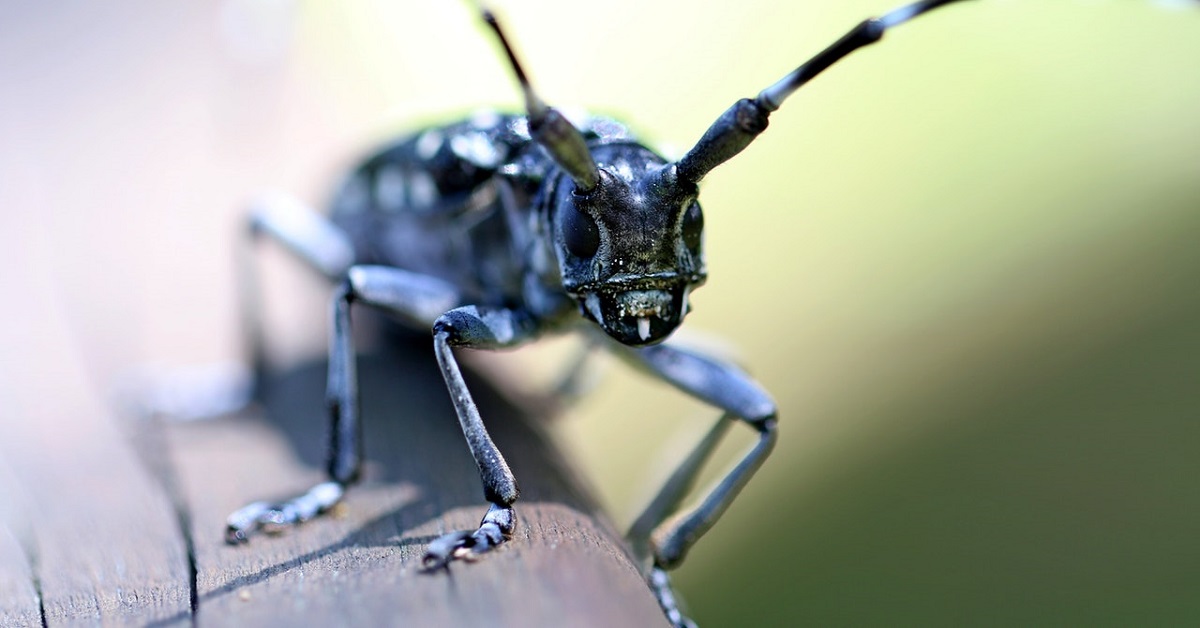
Spot the insect that stung you to help in insect bite treatment, sting treatment & choosing insect bite creams
Being able to identify the bug that stung or bit you will turn out to be very helpful if treatment is required. Scorpions, spiders, as well as certain insects, can cause some serious damage to the body. Let’s have a look at some of them:
- Mosquitoes are known to spread deadly diseases like Malaria, Zika or West Nile virus. They are mostly found in stagnant waters.
- Ticks are normally found in wooded regions, and their bites can lead to Lyme disease or Rocky Mountain spotted fever.
- Biting flies can be located near waste or garbage.
- Fire ant bites can lead to serious pain and a burning sensation.
- Bedbug bites mostly happen during the night and can cause itchy red bumps on the skin.
- Scorpion stings and spider bites can be very poisonous, even potentially life-threatening.
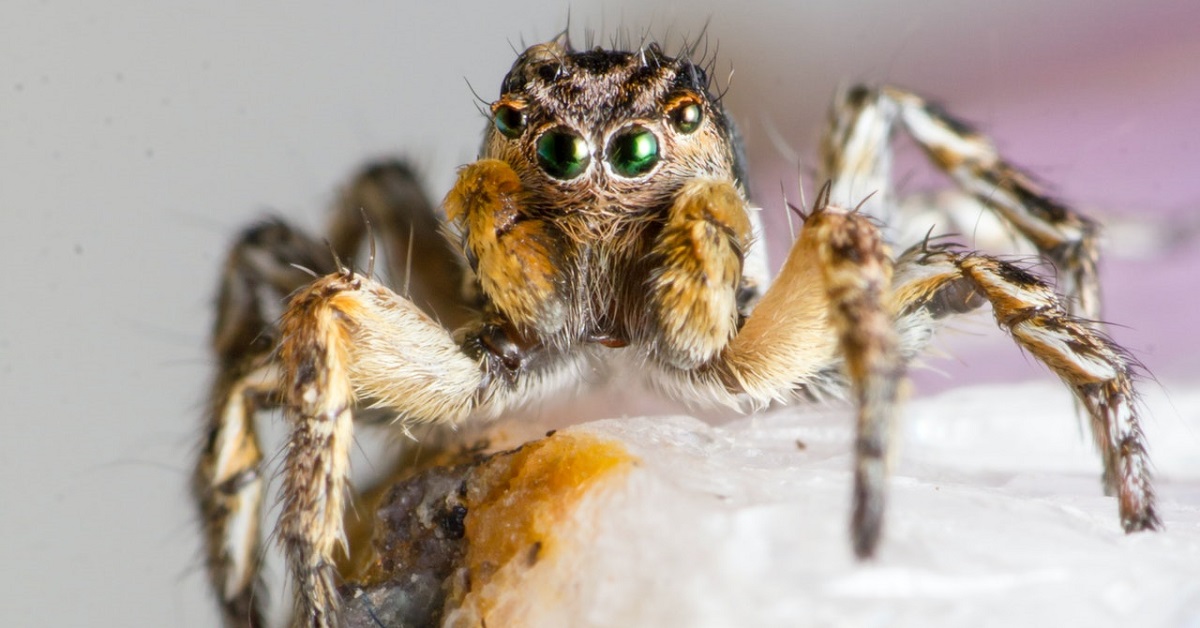
Insect bite treatment, sting treatment, and insect bite creams
In case you get stung or bitten, try to move away from the area to avoid more bites or stings.
Below are some basic steps you can take to ease the pain, burning, swelling, or itching caused by the bite or sting.
- Start by removing the stinger, if it’s still in your skin.
- Alternatively, on and off, apply an ice pack to the area to avoid tissue damage.
- If the insect or bug in question is known to be poisonous, sort medical attention immediately.
- Topical treatments such as sting swabs, lidocaine preparations, or hydrocortisone cream can be used to relieve pain.
We've put together some of the best creams to help you treat and protect bug bites:
Savlon Bite & Stings Gel
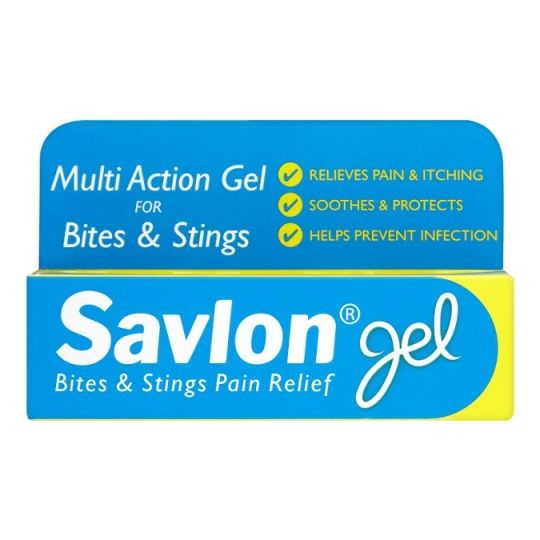
Shop Savlon Bite and Stings Gel
After Bite Classic
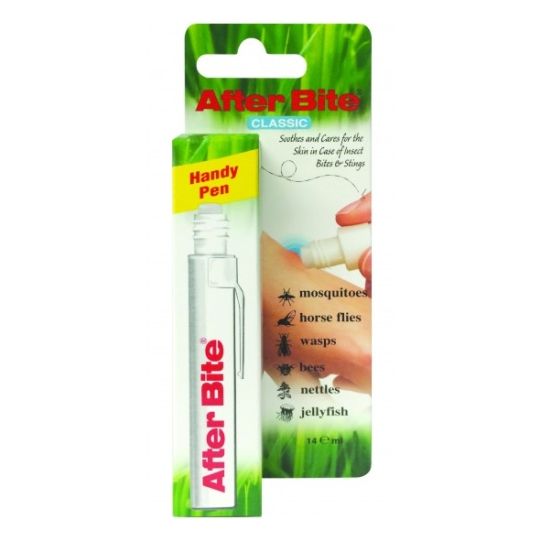
Anthisan Bite & Sting Cream
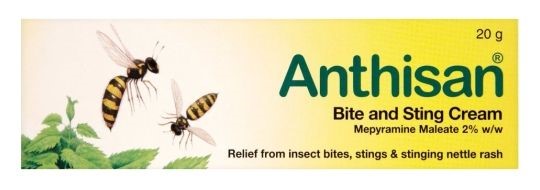
Shop Anthisan Bite and Sting Cream
You can also check out more bite and sting cream products here:
This blog post was written on behalf of Chemist.net by Pharmacy Mentor.